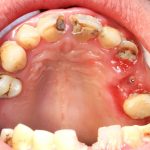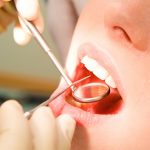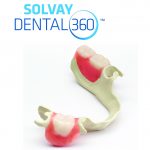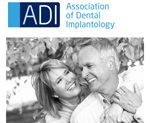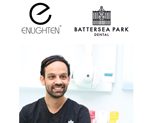“I chose the Fill-Up bulk fill composite because of the dual-cure that is like a luting cement with the advantage of excellent marginal adaptation. It is better aesthetically than our traditional choice of bulk-fill materials that are more translucent and do not replicate opaque dentine layers,” says Dr Reginald O’ Neill, whose award-winning practice is in Billericay, Essex.
“It works well with finishing veneer layers of BRILLIANT EverGlow. With dual cure present in the material, polymerisation at depth is reliably achieved compared to alternative light-cured composites.
“It really stands out for its versatility, either for its dual-cured core material or as a flowable composite, and it is kinder to the pulp with reduced risks of unpolymerised areas contributing to post-restorative sensitivities. Its versatility means it can be used in all posterior teeth.
“It has a longer lasting effect because the high opacity suits application to replicate dentine and permits bulk fill that fully adapts to tooth surfaces. This can be overlaid with submicron BRILLIANT EverGlow in various shades to achieve a metameric match with the tooth substance that is being restored.
“While some products make claims they fail to live up to, Fill-Up has met and exceeded my expectations.”
To find out more visit www.coltene.com, email info.uk@coltene.com or call 01444 235486
Living up to its promises





